Slash Your Energy Bills with an Efficient HVAC System
Most efficient heating and cooling systems can cut your energy bills in half while keeping your home comfortable year-round. Here are the top performers:
Top Efficient Systems by Category:
- Geothermal Heat Pumps: 300-600% efficiency, 30-50% energy savings
- Air-Source Heat Pumps: 20-25 SEER ratings, up to 75% less electricity than electric resistance
- Ductless Mini-Splits: Up to 60% less energy than standard electric heating
- High-Efficiency Gas Furnaces: 90%+ AFUE ratings, minimal fuel waste
Your HVAC system is the biggest energy user in your home. More than half of your typical $1,900 annual energy bill goes to heating and cooling. That's why choosing an efficient system matters so much.
The good news? Today's most efficient systems can dramatically slash those costs. We're talking about heat pumps that produce 4 units of heat for every 1 unit of electricity. Geothermal systems that stay efficient even when it's freezing outside. Mini-splits that eliminate the 20-30% energy loss from leaky ducts.
But here's the catch - not every efficient system works for every home. Pittsburgh's cold winters and humid summers create unique challenges. Your home's size, insulation, and existing ductwork all play a role in which system will save you the most money.
I'm Bill Scott, and I've helped thousands of Pittsburgh-area homeowners choose and install the most efficient heating and cooling systems for their specific needs over my 15+ years in the HVAC industry. Let me show you which systems deliver the biggest savings and how to pick the right one for your home.
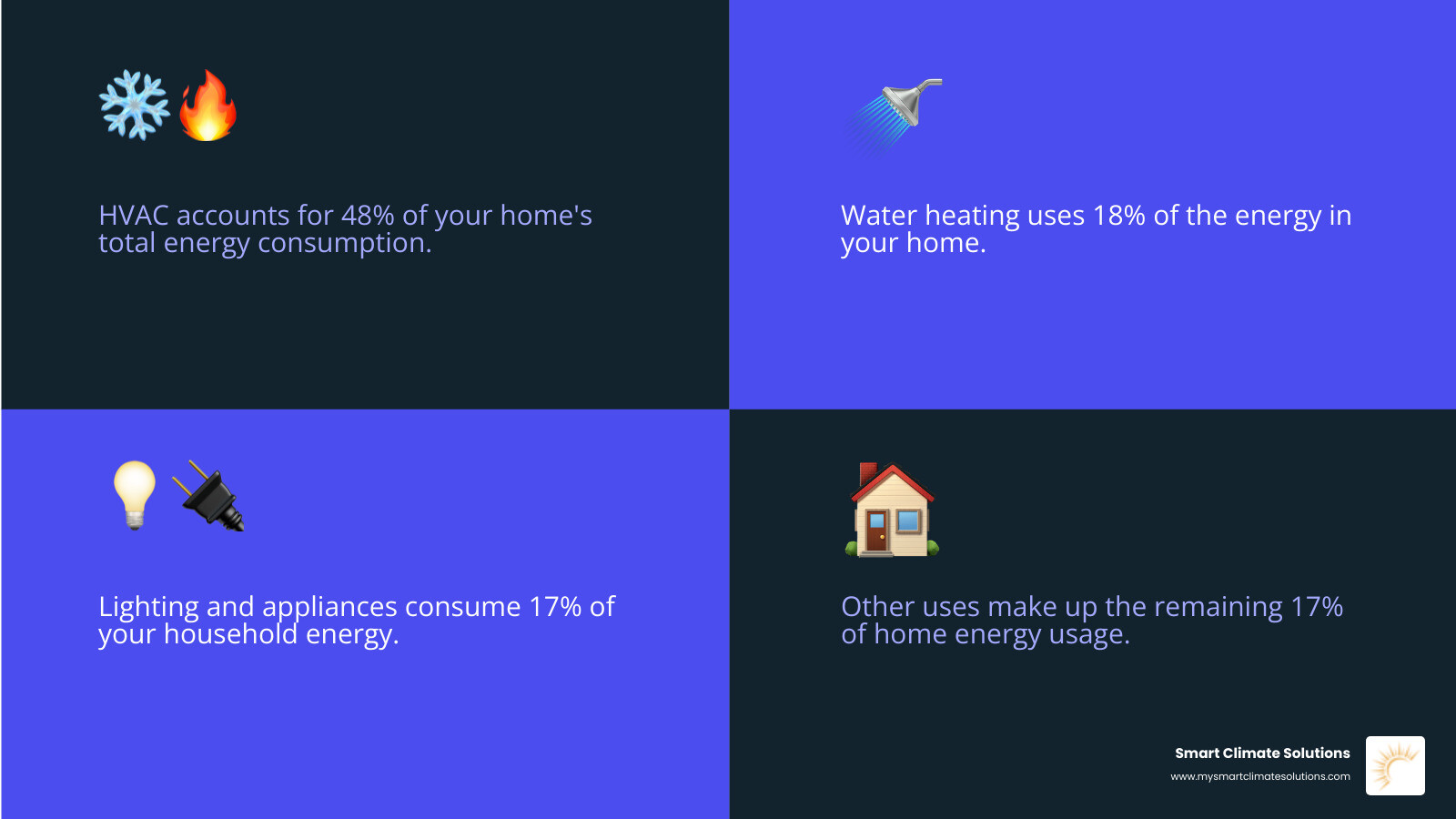
Understanding HVAC Efficiency Ratings: What Do the Acronyms Mean?
Shopping for the most efficient heating and cooling systems can feel like learning a foreign language. SEER, HSPF, AFUE - what do all these letters actually mean for your Pittsburgh home?
Think of these ratings as report cards for HVAC equipment. Just like how you'd want to know a car's gas mileage before buying, these efficiency ratings tell you exactly how much heating and cooling you'll get for every dollar you spend on energy.
The beauty of understanding these numbers? You can make smart decisions that save you thousands over the years. Let me break down the three main ratings you'll encounter when shopping for efficient systems.
SEER (Seasonal Energy Efficiency Ratio)
SEER measures how efficiently your air conditioner or heat pump cools your home during an entire cooling season. It's just like your car's miles per gallon - the higher the number, the less energy you use.
Here's what makes this interesting: while older systems might have SEER ratings around 10, today's most efficient heating and cooling systems can reach SEER ratings of 25 or even higher. That's like upgrading from a gas-guzzling truck to a hybrid car.
To earn the ENERGY STAR label, air conditioners need at least a 14.5 SEER rating. But here in Pittsburgh, where we use our air conditioning heavily during those humid summer months, investing in a system with SEER ratings of 17 or higher can really pay off.
The industry recently introduced SEER2, which uses updated testing methods to give you even more accurate efficiency expectations. When you see SEER2 ratings, you're getting the most current picture of how a system will perform in real-world conditions.
HSPF (Heating Seasonal Performance Factor)
While SEER handles the cooling side, HSPF tells you how efficiently a heat pump heats your home during the heating season. Again, higher numbers mean better efficiency and lower heating bills.
This rating becomes especially important for Pittsburgh homeowners considering heat pumps. Our cold winters put heat pumps to the test, so you want a system with a high HSPF rating to keep your home warm without breaking the bank.
Just like with SEER, the industry now uses HSPF2 for more accurate testing. Modern cold-climate heat pumps can achieve HSPF2 ratings that would have been impossible just a few years ago, making them viable options even for our chilly Pennsylvania winters.
AFUE (Annual Fuel Utilization Efficiency)
AFUE measures how efficiently furnaces and boilers convert fuel into heat over an entire heating season. This one's straightforward - it's expressed as a percentage.
If your furnace has an 80% AFUE rating, that means 80% of the natural gas you pay for actually heats your home. The other 20% goes up the chimney as waste heat. Not exactly ideal for your wallet.
High-efficiency furnaces achieve AFUE ratings of 90% or higher by using advanced technology like condensing heat exchangers. These systems capture heat that would normally escape, squeezing every BTU out of the fuel you're paying for.
The difference between condensing and non-condensing furnaces comes down to this extra heat recovery. Condensing units cost more upfront but can save you hundreds of dollars each heating season - especially important during Pittsburgh's long, cold winters.
Understanding these ratings puts you in control of your energy costs. When you know what the numbers mean, you can choose systems that deliver real savings instead of just hoping for the best.
A Breakdown of the Most Efficient Heating and Cooling Systems
When you're ready to upgrade to the most efficient heating and cooling systems, you've got some exciting options that can slash your energy bills while keeping you comfortable year-round. Each system has its sweet spot, and understanding where they excel helps you make the smart choice for your Pittsburgh home.
Think of it this way - you wouldn't buy a sports car for hauling lumber, right? Same principle applies here. The geothermal heat pump might be the gold standard for efficiency, but it's not always the right fit for every home or budget. Meanwhile, a high-efficiency gas furnace could be perfect for your neighbor's 1950s colonial but overkill for your well-insulated ranch.
Let me break down the top contenders so you can see which one makes the most sense for your specific situation. For more details on cooling specifically, check out our guide on Energy-Efficient Air Conditioning Systems.
| System Type | Upfront Cost | Operating Cost (Long-term) | Efficiency Ratings | Best Climate/Application |
|---|---|---|---|---|
| Geothermal Heat Pump | High | Very Low | 300-600% (COP) | Any climate, ideal for long-term savings, new construction |
| Air-Source Heat Pump | Moderate | Low | 20-25 SEER, 10+ HSPF | Moderate to cold climates, versatile |
| Ductless Mini-Split | Moderate | Low | High SEER/HSPF, zoned control | Homes without ducts, additions, zone heating/cooling |
| High-Efficiency Gas Furnace | Moderate | Moderate to Low | 90%+ AFUE | Colder climates, reliable primary heat |
Geothermal Heat Pumps: The Gold Standard of Efficiency
If efficiency were a competition, geothermal heat pumps would win gold every single time. These systems tap into something most people never think about - the fact that just a few feet underground, the earth maintains a steady temperature between 40-70 degrees F all year long. While we're bundling up in Pittsburgh's winter freeze or cranking the AC during those humid July days, the ground stays remarkably consistent.
Here's the brilliant part - instead of fighting against extreme outdoor temperatures like other systems, geothermal heat pumps work with this stable underground temperature. In winter, they extract heat from the earth through buried loops and move it into your home. Come summer, they flip the process, pulling heat from your house and dumping it into the cooler ground.
This gives them efficiency ratings that sound almost too good to be true - we're talking 300-600% efficiency. That means for every unit of electricity they use, they deliver 3 to 6 units of heating or cooling. Most homeowners see their energy bills drop by 30-50% compared to conventional systems.
Now, let's talk about the elephant in the room - the upfront cost. Installing a geothermal system requires digging up your yard to install those underground loops, which can cost several times more than a traditional system. But here's where the math gets interesting. Most homeowners recoup that extra investment through energy savings in 5-10 years, depending on local energy costs and available incentives.
Even better, these systems are built to last. The indoor components typically run for up to 24 years, while those underground loops can keep working for 50+ years. That's potentially decades of ultra-low energy bills. For all the technical details, the Department of Energy has an excellent Guide to Geothermal Heat Pumps.
Air-Source Heat Pumps: Versatile and Highly Efficient
Air-source heat pumps are like the Swiss Army knife of the most efficient heating and cooling systems world - versatile, reliable, and surprisingly effective in situations where you might not expect them to work well. Unlike your old furnace that burns fuel to create heat, these clever devices simply move heat from one place to another.
During winter, they extract heat from outdoor air - yes, even when it's freezing - and pump it inside. In summer, they reverse course, pulling heat from your home and releasing it outdoors. This heat transfer approach can slash your heating electricity use by up to 75% compared to those old baseboard heaters.
Modern heat pumps come with some impressive upgrades. Variable-speed compressors adjust their output to match exactly what your home's needs at any moment, instead of constantly cycling on and off like older systems. Dual-fuel systems give you the best of both worlds by pairing a heat pump with a gas furnace - the heat pump handles mild weather efficiently, then the furnace kicks in when temperatures drop really low.
Here's something that surprises many Pittsburgh homeowners - today's cold-climate heat pumps work effectively even when temperatures hit 5 degrees F. That covers most of our winter weather, making them a viable year-round solution for our area.
The beauty of air-source heat pumps is their flexibility. They provide both heating and cooling in one system, they're more affordable upfront than geothermal, and they work well in most climates. For more details on how these systems can work as your primary heating source, check out our article on the Most Efficient Residential Heating System. You can also learn more at Learn about heat pump systems.
Ductless Mini-Split Systems: Flexible and Targeted Comfort
Ductless mini-splits solve a problem that many homeowners don't even realize they have - wasted energy from leaky ducts. If you've ever wondered why your energy bills are so high despite having a decent HVAC system, those ducts running through your walls and crawl spaces might be the culprit.
Here's a startling fact - typical duct systems lose 20-30% of the conditioned air before it even reaches your rooms. That's like paying to heat or cool your crawl space and walls instead of your living areas. Mini-splits eliminate this waste entirely by delivering conditioned air directly to each room.
The system works beautifully in its simplicity. One outdoor unit connects to indoor units mounted on walls or ceilings in individual rooms. Each indoor unit has its own remote control, so you can keep the bedrooms cool while letting the unused guest room stay warmer - no more heating or cooling empty spaces.
This zoned approach is where mini-splits really shine. ENERGY STAR certified units use up to 60% less energy than standard electric heating, and you only condition the spaces you're actually using. They're perfect for home additions where extending ductwork would be expensive, converted garages, or those rooms that are always too hot or too cold with your current system.
The installation is surprisingly non-invasive too - just a small hole through the wall to connect the indoor and outdoor units. No tearing up floors or walls to install ductwork. For comprehensive information about these efficient systems, visit Ductless Heating & Cooling info.
High-Efficiency Gas Furnaces: Reliable Power for Cold Winters
Sometimes the tried-and-true approach is still the best approach, especially when it's been dramatically improved with modern technology. High-efficiency gas furnaces represent the evolution of traditional heating - they keep the reliability and powerful heat output that Pittsburgh winters demand while dramatically reducing fuel waste.
The game-changer is condensing technology. Your grandfather's furnace sent a lot of heat straight up the chimney along with the exhaust gases. Modern high-efficiency furnaces capture that escaping heat with a secondary heat exchanger, squeezing nearly every BTU out of the natural gas you're paying for.
This technology pushes AFUE ratings above 90%, meaning more than 90% of your fuel dollar goes directly into warming your home instead of heating the great outdoors. Compare that to older furnaces that might only achieve 60-80% efficiency, and you can see why upgrading makes such a difference on your gas bills.
High-efficiency furnaces excel in cold climates like ours because they deliver consistent, powerful heat regardless of outdoor temperatures. Unlike heat pumps that can struggle in extreme cold, these furnaces actually perform better when it's really cold outside because the temperature difference helps with combustion efficiency.
They also integrate seamlessly with central air conditioning systems, giving you a complete year-round comfort solution. The furnace handles heating season while your AC takes over for summer cooling, both using the same ductwork and thermostat. For more information on how these systems work together in complete HVAC solutions, check out our guide on Residential HVAC System Solutions.
Choosing the Right System for Your Pittsburgh Home
Picking the most efficient heating and cooling systems for your home isn't like buying a new TV where one size fits all. Every Pittsburgh home has its own personality - different layouts, insulation levels, and quirks that affect which system will save you the most money.
That's why a proper home assessment is your first step. A qualified technician will perform sizing calculations using industry standards like Manual J to determine exactly how much heating and cooling capacity your home needs. Get this wrong, and even the most efficient system won't perform well.
Your home's unique characteristics all matter. The condition of your existing ductwork, your insulation levels, and how your rooms are laid out all influence which system will work best. This is exactly why professional consultation is so valuable - and why we offer comprehensive HVAC Installation Services custom to your specific situation.
How to Choose the Most Efficient Heating and Cooling Systems for Your Pittsburgh Home
Living in Pittsburgh means your HVAC system faces some unique challenges. Our winters can be brutal, with temperatures dropping well below freezing, while our summers bring that sticky humidity that makes you want to stay indoors.
Climate considerations play a huge role in system selection. While air-source heat pumps are incredibly efficient, they can struggle when temperatures drop into single digits. That's why many Pittsburgh homeowners love hybrid systems - you get the efficiency of a heat pump for most of the year, plus the reliable warmth of a gas furnace when Old Man Winter really shows his teeth.
Your home's insulation is just as important as the HVAC system itself. Think of insulation as your home's winter coat - without it, even the most efficient system will work overtime trying to keep you comfortable. Good insulation reduces your system's workload, which means lower energy bills and longer equipment life.
Professional sizing can make or break your efficiency goals. An oversized system will short-cycle, turning on and off constantly like a nervous driver at a four-way stop. An undersized system will run constantly but never quite reach your target temperature. Both scenarios waste energy and money. A properly sized system runs smoothly and efficiently, keeping you comfortable while minimizing energy use.
The Critical Role of Installation and Maintenance
Here's the thing about the most efficient heating and cooling systems - they're only as good as their installation and care. You could buy the most efficient heat pump on the market, but if it's installed poorly, you'll never see those promised energy savings.
Proper installation sets the foundation for years of efficient operation. For ducted systems, sealing those ducts is absolutely critical. Remember those 20-30% energy losses we talked about earlier? They happen when ducts leak like a sieve, sending your expensive heated or cooled air into crawl spaces and attics instead of your living rooms.
Professional installation goes beyond just connecting pipes and wires. It includes calibrating the system to your home's specific needs, ensuring proper airflow, and testing everything to make sure it works as designed. This attention to detail directly impacts both your system's efficiency and how long it will last.
Regular maintenance keeps your investment running smoothly. Just like you wouldn't drive your car for years without an oil change, your HVAC system needs routine care to maintain peak efficiency. Simple things like changing filters regularly can make a huge difference - a dirty filter forces your system to work harder, driving up energy costs.
Annual professional tune-ups catch small problems before they become expensive repairs. During these visits, technicians clean coils, check refrigerant levels, inspect electrical connections, and fine-tune your system for optimal performance. Our HVAC Preventive Maintenance Plans are designed to keep your system running at peak efficiency year after year.
Costs and Incentives: Making Efficiency Affordable
Let's be honest - the most efficient heating and cooling systems often come with higher upfront costs. But here's the good news: that initial investment typically pays for itself through lower utility bills over the system's lifetime.
Even better, you don't have to shoulder the full cost alone. Federal tax credits are available for many high-efficiency systems, including qualifying heat pumps and furnaces. These credits can knock thousands off your net cost.
State and local rebates add another layer of savings. Many programs are specifically designed to encourage homeowners to upgrade to efficient systems. Utility incentives are particularly common in our area, with local utility companies offering rebates to customers who choose energy-efficient equipment.
Before you make your final decision, take a few minutes to research available incentives. The ENERGY STAR rebate finder is a great starting point to see what's available in your area.
Don't forget about financing options either. Many HVAC companies offer payment plans that let you start saving on energy costs immediately while spreading the equipment cost over time. Sometimes those monthly energy savings are bigger than your monthly payment - meaning you come out ahead from day one.
Conclusion: Invest in Comfort and Savings with the Right HVAC System
After exploring all these options, you can see why choosing the most efficient heating and cooling systems is such a game-changer for your home and your budget. Whether you're drawn to the incredible long-term savings of geothermal heat pumps, the versatility of air-source heat pumps, the flexibility of ductless mini-splits, or the reliable power of high-efficiency gas furnaces, each system offers a clear path to lower utility bills and better comfort.
But here's what really matters: the long-term value of efficiency goes far beyond just the money you'll save each month. Yes, you'll love seeing those smaller energy bills roll in. But you'll also enjoy the consistent, even temperatures throughout your home - no more hot and cold spots that make you constantly adjust the thermostat.
The environmental benefits are equally impressive. When your HVAC system uses less energy to keep you comfortable, you're reducing your carbon footprint and doing your part for the planet. It's a win-win situation that feels good on multiple levels.
Even the most efficient system won't deliver its promised savings without proper installation and regular maintenance. That's where professional expertise makes all the difference. Proper sizing ensures your system isn't working harder than it needs to. Expert installation prevents energy losses that can cut efficiency by 20-30%. And consistent maintenance keeps everything running at peak performance for years to come.
For expert advice on selecting and installing the perfect system for your Pittsburgh-area home, trust the certified technicians at Smart Climate Solutions. With over 15 years of experience serving families throughout Pittsburgh, South Hills, Burgettstown, Washington, Steubenville, St. Clairsville, and Weirton, we're here to guide you through every step - from choosing the right system to ensuring it's installed perfectly and maintained properly.
Don't let another season pass with an inefficient system that's costing you money every month. Your home deserves better, and so do you. Contact Us for HVAC Services today and let's get started on making your home more comfortable and your energy bills much smaller!

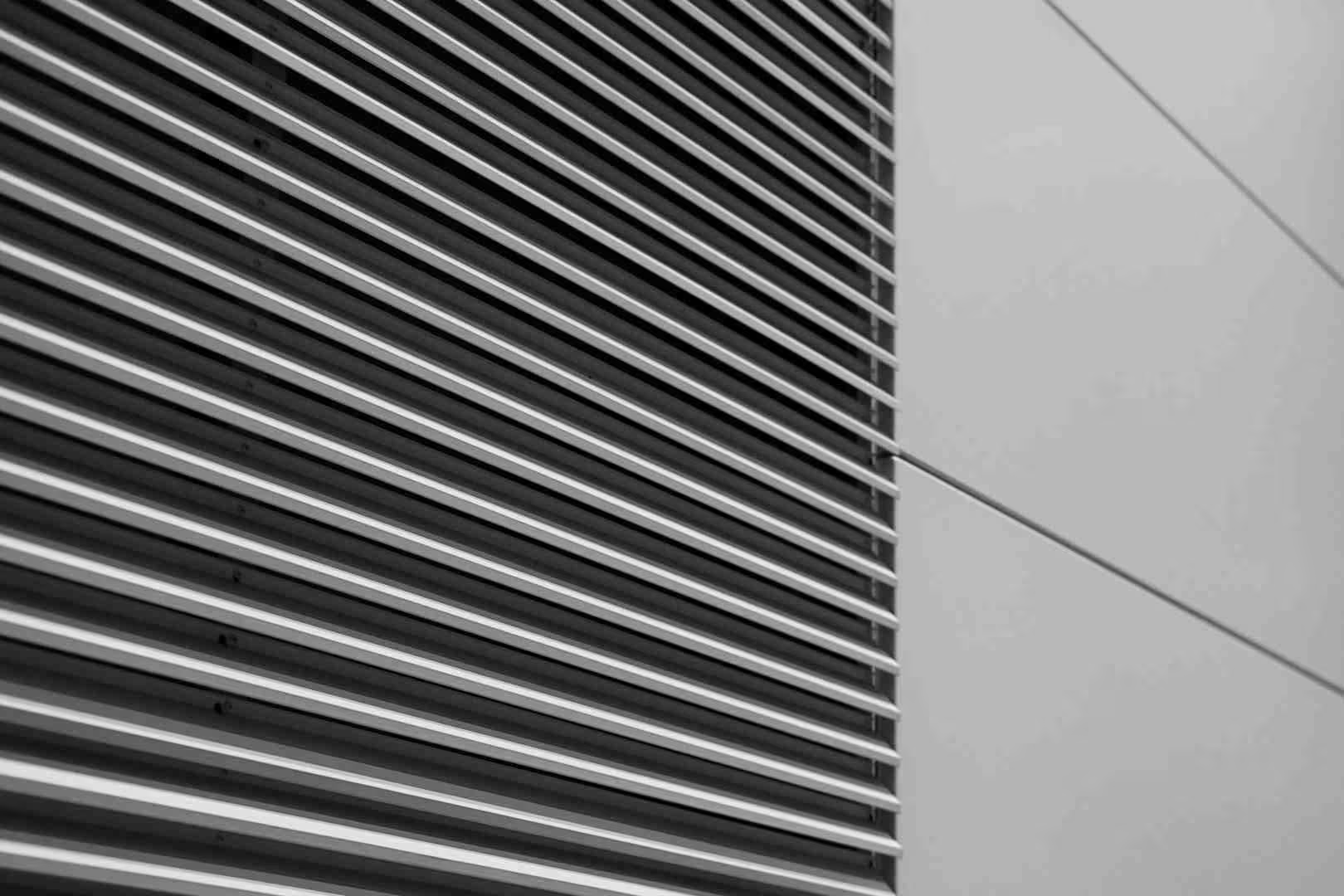




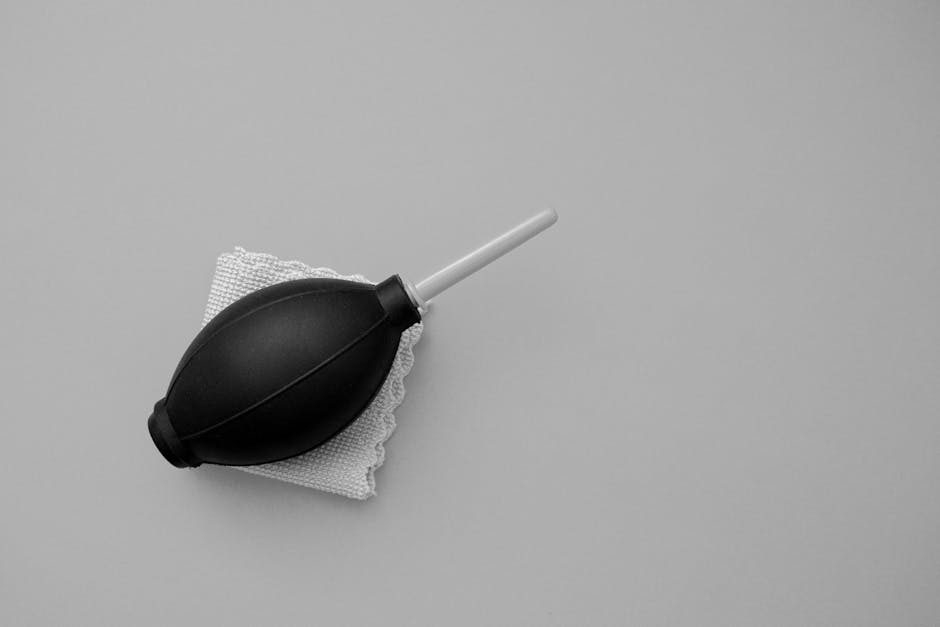
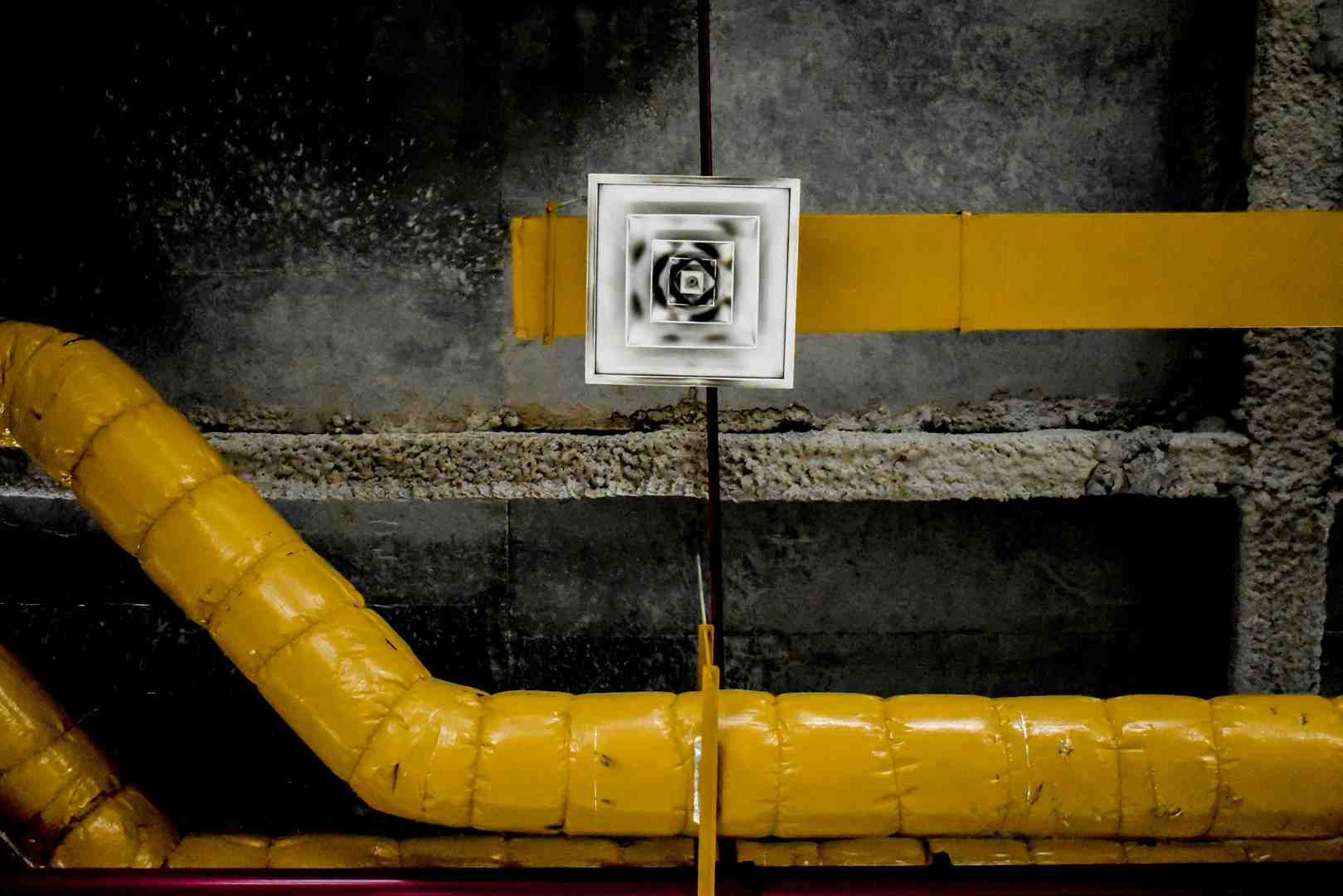
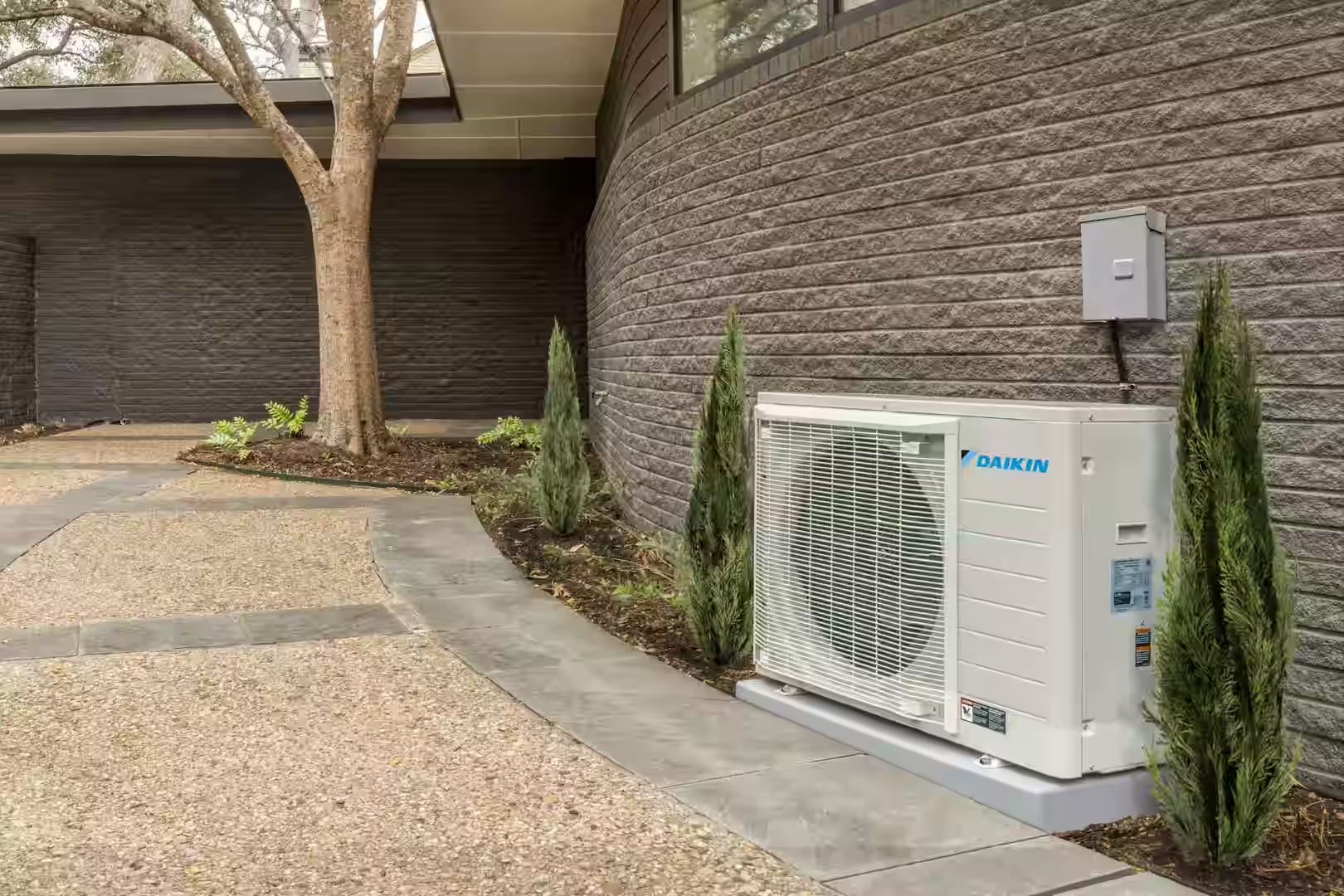
.png)
